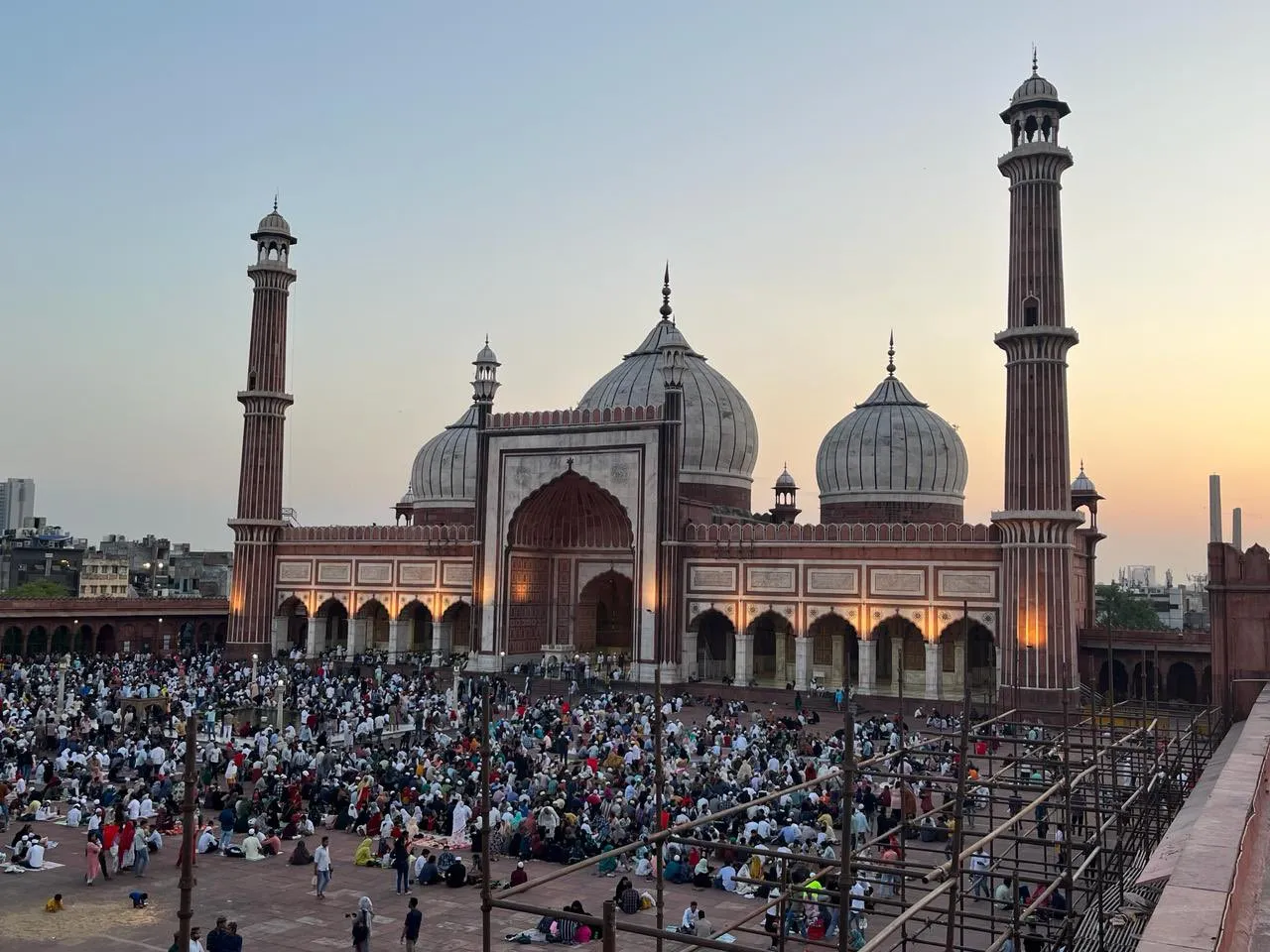 |
|
The Supreme Court of India recently issued a significant directive impacting ongoing legal disputes concerning the ownership and religious character of various places of worship. This decision, welcomed by Muslim personal law boards across the country, effectively halts the initiation of new lawsuits and the progression of existing ones seeking to reclaim religious sites, particularly mosques and dargahs. The court's action stems from a broader examination of the Places of Worship (Special Provisions) Act, 1991, a law designed to maintain the religious character of places of worship as they existed on August 15, 1947. The implications of this ruling are far-reaching, impacting numerous pending cases and potentially altering the landscape of religious disputes in India.
The impetus for the Supreme Court's intervention lies in a series of legal challenges brought forth by various Hindu parties. These suits sought surveys to ascertain the original religious character of several prominent mosques, including the Gyanvapi mosque in Varanasi, the Shahi Idgah Masjid in Mathura, and the Shahi Jama Masjid in Sambhal. The legal battles surrounding these sites have often been fraught with tension and raised concerns about communal harmony. The Supreme Court's decision to restrain further legal proceedings until a thorough examination of the 1991 Act is completed aims to mitigate the potential for escalating conflict and maintain public order. The court emphasized the need for a comprehensive review of the Act's legality, scope, and limitations, before allowing further legal action to proceed.
The response from Muslim personal law boards has been overwhelmingly positive. Both the All India Muslim Personal Law Board (AIMPLB) and the All India Shia Personal Law Board (AISPLB) have publicly expressed their approval of the Supreme Court's directive. They view the decision as a crucial step towards preserving communal harmony and preventing further disruption caused by the ongoing legal battles. Statements from prominent members of these boards highlight the anxiety and unrest caused by the previous survey orders and express relief at the Supreme Court's intervention. The hope is that the final decision of the Supreme Court will further strengthen the 1991 Act and ensure its effective implementation in safeguarding India's diverse religious heritage.
The 1991 Places of Worship Act itself plays a pivotal role in this legal drama. The Act's core purpose is to prevent the conversion of places of worship from one religion to another and to maintain the status quo as it existed at the time of Indian independence in 1947. The Supreme Court's decision to review the 'vires' (legality) of the Act signals a potential reassessment of the law's efficacy and its ability to address contemporary challenges related to religious sites. The court's explicit instruction to other courts to refrain from taking any further action underscores the urgency and gravity of the situation. The upcoming review of the Act's legal framework is expected to be pivotal in resolving the larger dispute and establishing a clear legal precedent for future cases.
The Supreme Court's directive, while lauded by Muslim personal law boards, also raises important questions about the balance between upholding legal processes and maintaining communal harmony. The potential for further legal challenges and differing interpretations of the 1991 Act highlights the complexities of navigating religious sensitivities in a pluralistic society. The ongoing legal proceedings, focused on the Act's legal standing, will inevitably influence future religious dispute resolutions. The Supreme Court's role in this process is not merely to adjudicate legal disputes but also to foster an environment where religious differences do not escalate into conflict. The outcome of the ongoing review will significantly impact the future of religious harmony and legal frameworks in India.
Source: Muslim personal law boards welcome SC’s directive on places of Worship Act
